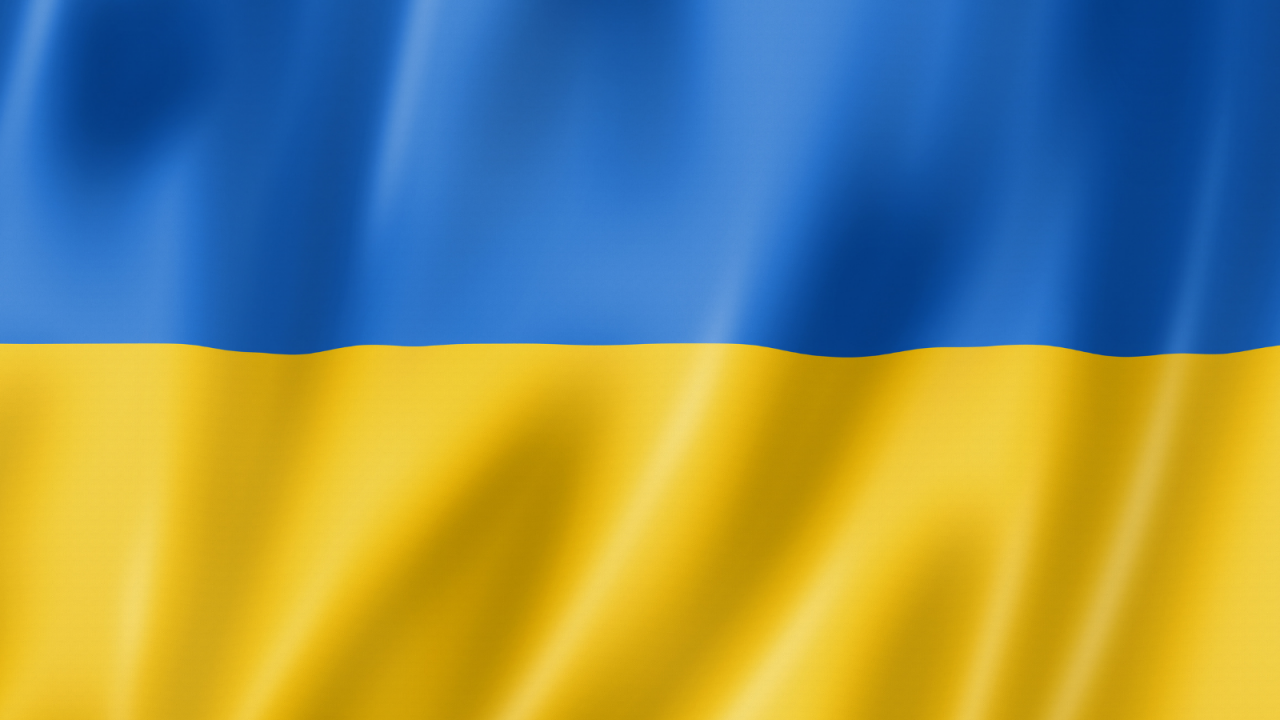11 EACCME points for Transdisciplinary ECMM Antifungal Stewardship Workshop; 27-29 January 2016, Wesel, Germany
12-01-2016
Transdisciplinary ECMM Antifungal Stewardship Workshop was granted 11 European CME credits (ECMEC) by the European Accreditation Council for Continuing Medical Education (EACCME).
Antifungal stewardship is an opportunity to improve patient care and, in fact, outcome. Complex situations are more and more frequent, from mixed infections to pan-azole resistant aspergillosis to echinocandin-resistant candidiasis. Because of the pressing importance of the topic, the ECMM has decided to run a special course outside its traditional bi-annual course schedule.
Since multiple clinical and lab-based disciplines are involved in the complex decision making process, the course should be most valuable to broad range of specialties including but not limited to infectious diseases specialists, internists, paediatricians, surgeons, haematologists, intensivists, microbiologists, and pathologists.
The 2,5 day program comprises 19 sessions covering different angles on antifungal stewardship, from what we know about it to how to implement a program in your environment. We intend a lecturer to attendee ratio of 1:2, and thus limit the course size to a maximum of 50 participants. Hotel accommodation is incuded in the registration fee.
We hope to see you at the historic and elegant Hotel Haus Duden in Wesel from 27-29 January 2016, to discuss with you, and to learn from your experience, too.
With best regards
Professor Oliver A. Cornely MD, FACP, FIDSA, FAAM
President of the ECMM
for the team of lecturers
for the full program and direct registration: http://congresscare.com/en/congreskalender/transdisciplinary-ecmm-antifungal-stewardship-workshop-2/
Program topics:
Plenary session 1: The changing epidemiology of invasive fungal infections
The spread of rare and emerging fungal infections
Emergence and spread of azole resistance
The role of antifungal stewardship in practice and science
Fungiscope & Fungiquest – Tools for evidence generation and pratical guidance in the therapy of rare & emerging fungal infections
Plenary session 2: Antifungal therapy
Empiric and targeted therapy in common scenarios
The economic and medical costs of antifungal malprescription
Tools and approaches to measure consumption of antifungals and identify faulty prescription patterns
Antifungal therapy in the surgical ICU
Plenary session 3: Antifungal stewardship design considerations
Hallmarks of successful antifungal stewardship programmes
When and how will antifungal stewardship pay off
Workshop session 1: Mycological diagnostics (crossover groups)
Implementing state of the art diagnostics in the mycological laboratory
Designing and implementing a diagnostic pathway with trans-disciplinary involvement and support
Workshop session 2: Assessment of antifungal consumption (crossover groups)
Assessing prescription knowledge and identifying decision pathways
Effective communication of unpopular measures
Workshop session 3: Implementation and assessment of antifungal stewardship programmes in general (crossover groups)
Implementing ward and hospital based stewardship programmes // who takes the lead?
Performance indicators and their assessment (hospital and/or country wide)
Interactive case studies:
Haematology & Oncology
ICU & Pulmonology
Ask the expert: ECMM experts are seated at separate tables giving participants’ the opportunity for questions and direct interaction
Evening session 1: Antifungal drugs – What’s in the pipeline
Evening session 2: Activism beyond the clinic: The role of the medical mycologist as a spokesperson for safe and responsible antifungal and antimicrobial use in medicine and agriculture
< back



